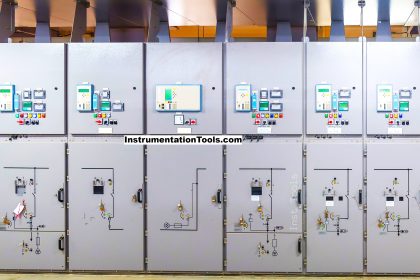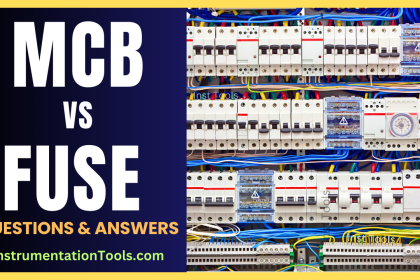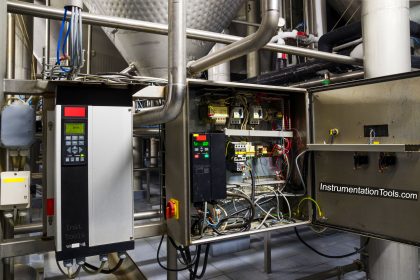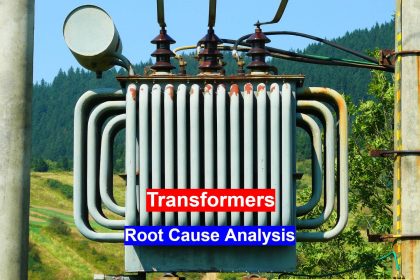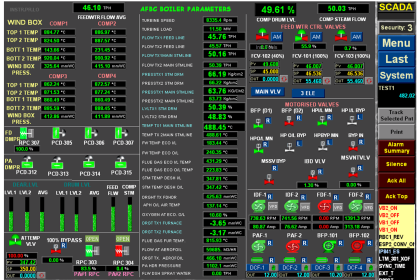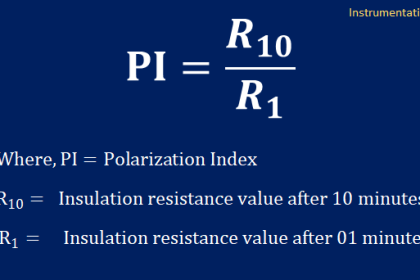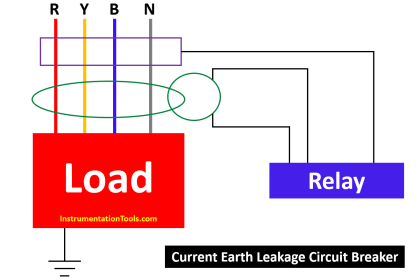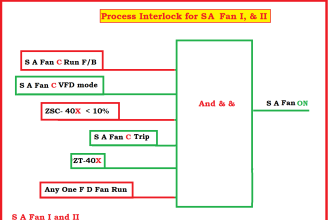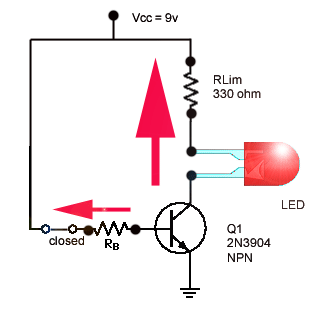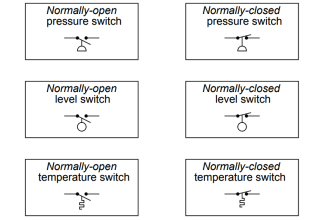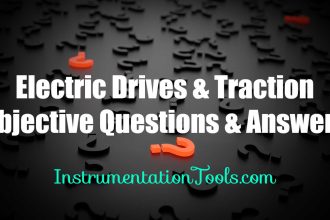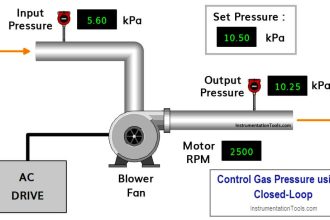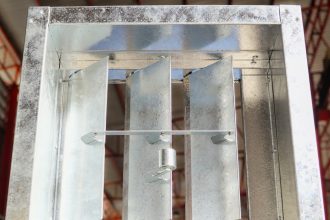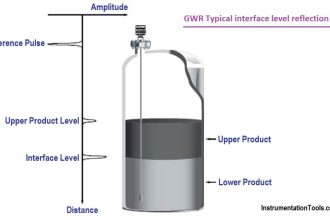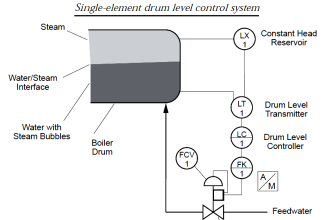Valve Regulated Lead Acid (VRLA) Batteries are popularly termed as maintenance free lead acid batteries. Each cell in VRLA battery will have a value (automating operating) to allow the gas to escape if developed by the over charging the cells and to hinder the entrance of oxygen from the air into the cell
These VRLA batteries are also called sealed lead acid batteries and also recombinant batteries. Oxygen which evolve during discharging at the positive plate of the battery recombine with the hydrogen which evolve at the negative plate of the cell to from water. This results in prevention of the water loss and unlike flooded batteries water is not needed to be added periodically. The valve present in VRLA cell acts as a safety valve which opens when the concentration of hydrogen gas inside the battery increases dangerously high. Some of the advantages of VRLA cell is listed below:
Advantages:
- VRLA battery is maintenance free and no periodic water refilling is not required
- Reduced demand on ventilation
- The capacity range of VRLA battery is high (12000 Ah)
- VRLA batteries will have longer life. Life span of this batteries will be around 10 years
- Feasibility for float charge operation with the same voltage of the cells, to continue in using existing charging equipment
- VRLA batteries are economical
